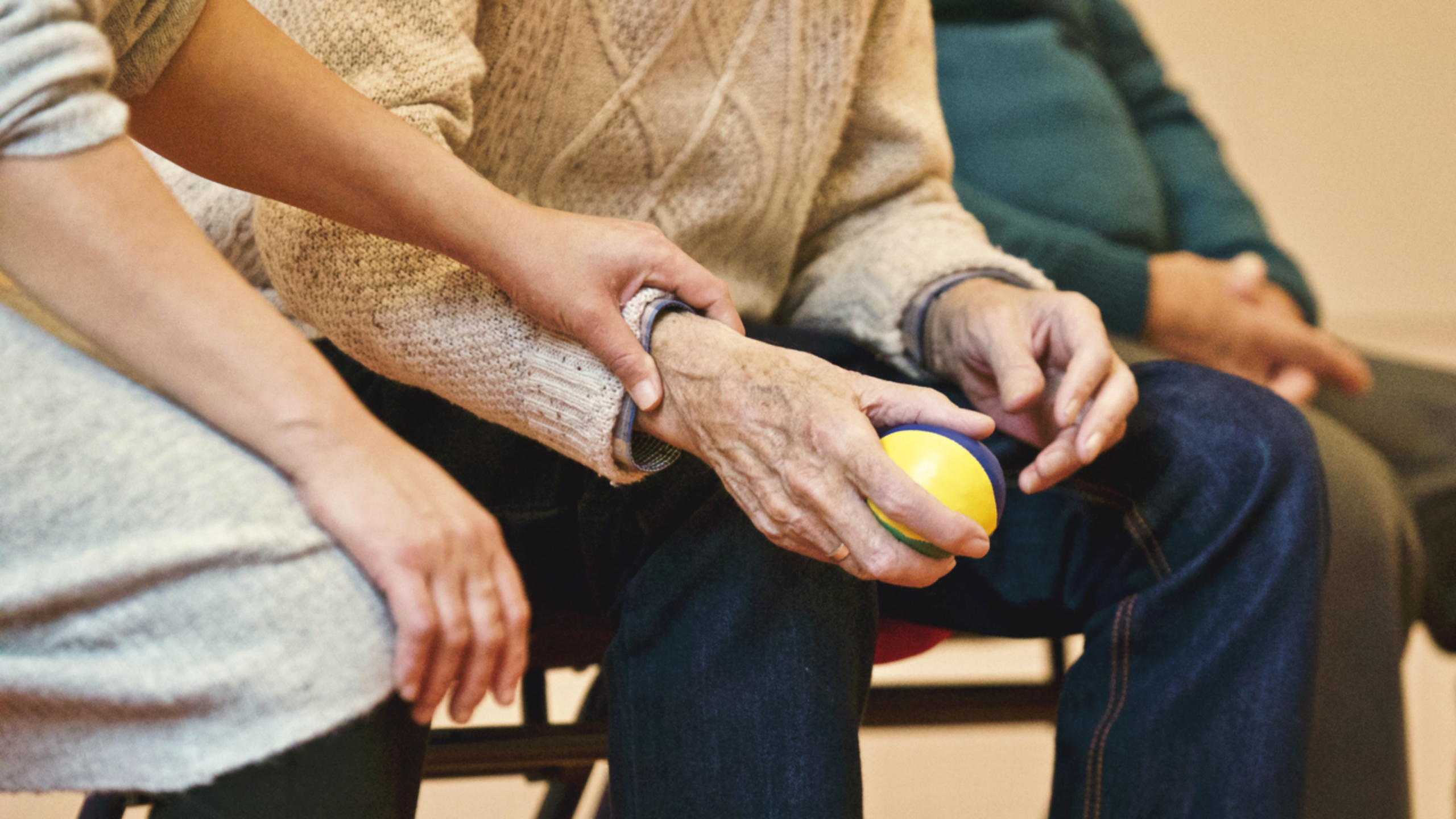Pain can be isolating. Pain can be lonely.
Pain can impact your most treasured relationships.
It is difficult to explain chronic pain to family & loved ones.
They can’t see it or hear it. Pain doesn’t have a weight or height or length.
The lack of common understanding can cause wear and tear on even the most solid of relationships.
This is clear from the tragic statistic that 75% of marriages in the USA end in divorce when one partner is suffering from chronic illness.
Divorce is more likely if it is the wife that gets sick.

Relationships are important. Relationships are special.
Relationships are a source of great happiness and relaxation….when they are working well.
I am sure you have heard it before but effective communication really is the key to happy relationships. [You might like to check out this checklist for effective communication].
You can reduce the impact chronic pain has on you and your family by having a shared understanding of your pain.
So how do you explain pain?
Pain is hard to describe but it is not indescribable.
7 simple steps to explain chronic pain to family
1) There have been changes to your nervous system
Chronic pain generally develops when pain is experienced for longer than 3 months. After 3 months, there are changes to the nervous system.
The nervous system establishes a pattern of pain.
You experience pain because your body is so efficient at processing pain…it does it automatically.
In the same way, you learn to drive a car without consciously thinking about it, your nervous system has learned to process pain.
This does not mean that the pain you experience is not real.
Your pain is very real.
2) Your body chemicals can add fuel to the fire of your pain
The body requires body chemicals, such as neurotransmitters and hormones to process pain. Certain body chemicals heighten your experience of pain by amplifying the pain message.

Some of the body chemicals that heighten your experience of pain, such as cortisol, are also associated with feelings such as stress and anxiety.
These unhelpful body chemicals form a vicious circle.
They are produced when you experience pain and in turn, increase the amount of pain you experience.
This is why chronic pain often goes hand in hand with emotions such as stress, anxiety & depression.
If you are worried you might have depression, you might like this article on the surprising signs of depression.
3) Pain Impacts on You – Physically, Emotionally & Socially
If you are living with chronic pain, you are probably dealing with a lot of additional suffering.
Pain can impact on all areas of your life – body, mind & social well-being.
[Your family might find this checklist on ‘How to help a family member in Pain’ helpful]
4) Impact of Pain on Family Members
Pain has a web of influence and it can impact not only you…but those closest to you.
It can be helpful to acknowledge the impact that pain has had on your loved ones…as well as yourself.
Make some time to discuss the wider impact of pain, openly and respectfully, with your partner or family members.
[You might like to check out our checklist ‘Tips for improving communications with friends and family’]
5) Effects of pain medication
Pain medication can be incredibly effective at relieving the symptoms of pain (particularly in the short term) but….
Pain medication doesn’t come without side effects.
Pain medication can create nasty side effects such as nausea, constipation, drowsiness, and light-headedness.
There are alternative & natural therapies that are proven to be highly effective in the long run but they do require persistence & practice.
6) Draw your personal pain experience
Pain is highly personal and the experience differs from person to person.
Many people find that drawing their relationship to pain can be a really useful way to gain insight and share with loved ones.
Creativity has the added bonus of helping to heal your pain – read remarkable real-life stories here.

7) Pain can be changed
As explained in #1 chronic pain is the result of a pattern of pain developing in your nervous system and brain.
The amazing news is…the brain continues to grow and to change so…
Your current levels of pain can be reduced and even eliminated….naturally.
Your brain’s power to change is called neuroplasticity and just like learning to use a keyboard, you can teach your brain…
To be less effective at transmitting and processing pain.
You can also influence the body chemicals your body uses to transmit the pain messages and quieten the voice of pain.
Conclusion
Even if you are feeling alone…
Even if you can’t find the words….
You can discuss your chronic pain and explain it to your family.
I can’t tell you that they will completely understand your pain… but you can gain a shared insight.
That shared insight can bring you together as a team so…
You can start to learn and implement strategies to control, reduce and even eliminate that pain.
Pain impacts not just those living with pain but also family members too.
Don’t let pain come between you and your loved ones.
Talk to them, explain your pain to them and work as a team to reduce your pain and restore everybody’s health, comfort and happiness.
How do you explain chronic pain to loved ones? Do you have any tips for explaining chronic pain and its impact that I have missed?
PS: If you are reading this blog and you have a family member living with chronic pain you might like to check out this checklist. [Tips for helping a family member with chronic pain]
Originally published at www.survivestrivethrive.com


